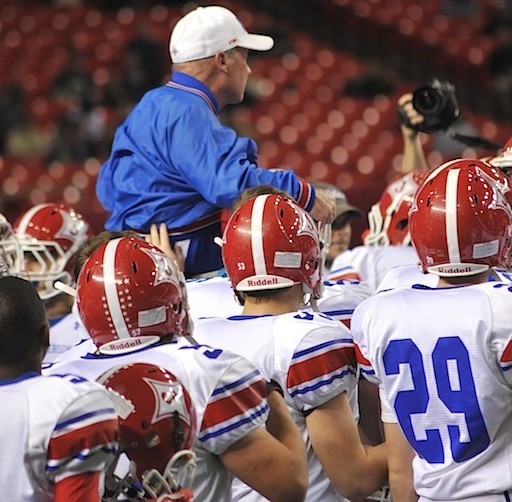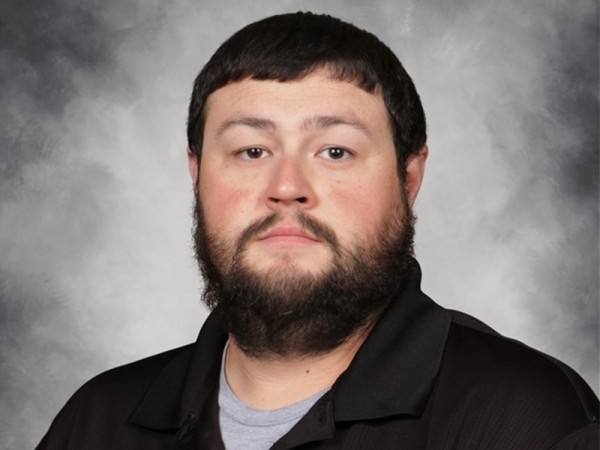ATLANTA - The Georgia High School Association executive committee has approved a rule that would prevent teams from traveling more than 100 miles during the school week to play regular-season games.
The rule follows the introduction of a bill in the Legislature to address complaints of parents from rural Georgia who said their children have to travel long distances to compete in athletics.
The rule approved Thursday, which goes into effect next school year, will require teams at least 100 miles apart to play games on Fridays or Saturdays. The rule already applies to basketball; it will be extended to all sports.
GHSA executive director Ralph Swearngin said the association showed it can adequately make its own rules.
``We wanted to show we can identify and solve problems in our procedures,'' Swearngin said. ``And that we're willing to listen.
``We recognized our problem and we took steps to get it fixed,'' he said.
The GHSA said it had found ``20 or 21'' cases statewide in which a school would have to travel more than 100 miles one way to play a game.
The bill introduced this legislative session by Rep. Hinson Mosley, D-Jesup, would allow schools to switch regions if they have opponents more than 100 miles away in the region assigned to them by the GHSA.
Schools are sorted into five classes, based on enrollment, and they can't choose to play a smaller school just because it's nearby. That means that large schools in rural areas often must travel hours to meet an opponent.
The road trips can be draining for students and parents. Lawmakers say the trips are hurting the quality of education.
``If you load a child up on a bus and drive four hours to a game, sometimes you have to take 'em out of school to do it, and that's not what they're in school for,'' Mosley told The Associated Press after introducing the bill. ``It's not good for them physically or mentally.''
Sunday
July 6th, 2025
4:13PM
















